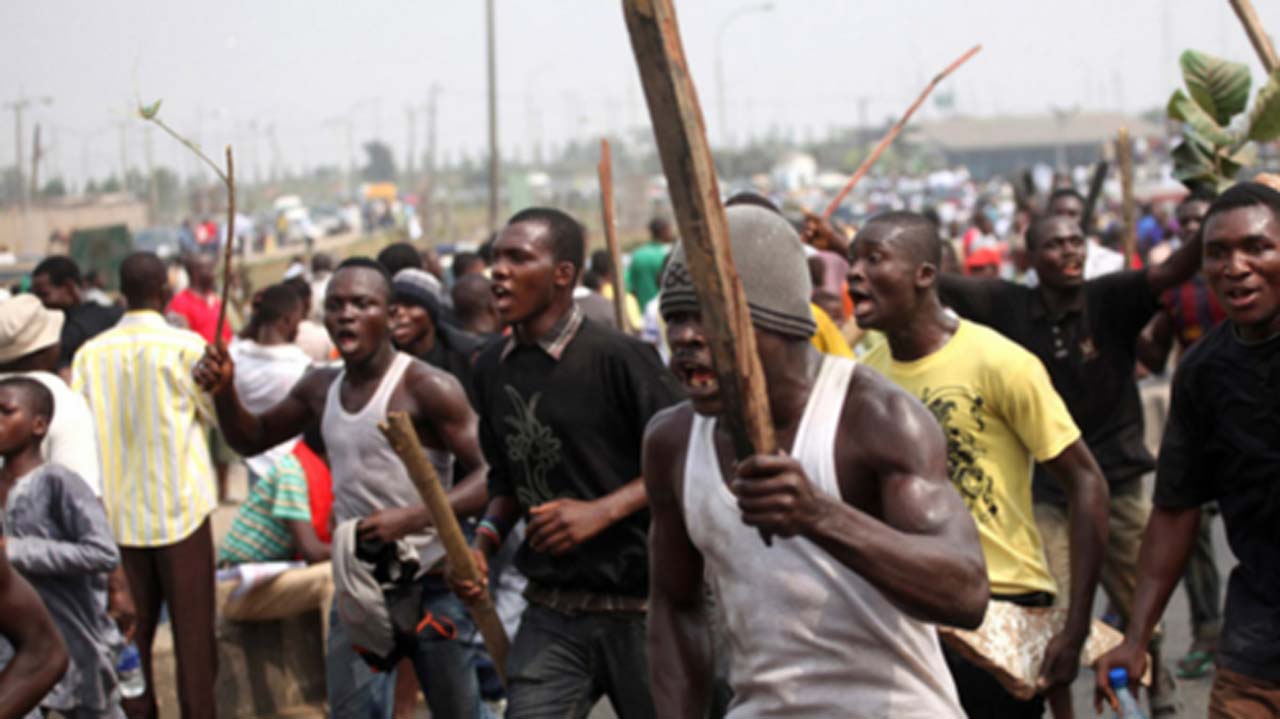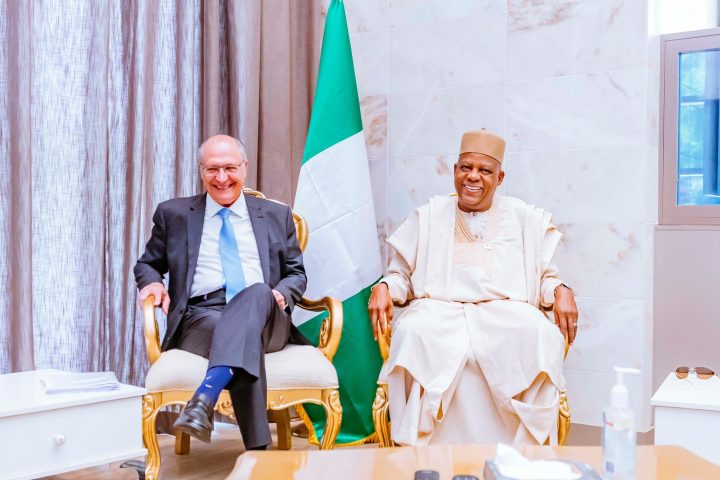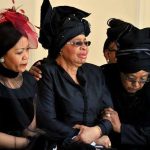On the 5th of October, 2012, four students of the University of Port-Harcourt were lynched. This incident was dubbed “The Aluu Four Lynching”. It was reported that one of the four students had loaned out a sum of money to a fellow in a nearby village. On course to retrieve his money, he was escorted by three of his friends whom were murdered alongside him.
It dominated the Nigerian airways for a while and we thought with that, the era of jungle justice was over. However, we were very wrong.
Join our WhatsApp ChannelRecently, Deborah Yakubu, A student of Home Economics at the Shehu Shagari College of education Sokoto State was murdered in cold-blood by some of her Muslim classmates for blasphemy.
This act, prompted by blank hatred shocked the nation to her very roots and created more rifts in the country.
The practice of jungle justice has long been a canker worm in the Nigerian society. This is a crime that has taken root and blossomed across the country. Many people have been framed, falsely accused, assaulted, and ultimately killed. It then begs to question why an impunity of such magnitude has been widely and openly embraced by a “lawful” society.
Firstly, there is a general mistrust of those in power to take the appropriate course of action in delivering justice. The police, for instance, at different times, pick up and drop cases based on the pocket of the victim or offender. Thus, the turn and spin of the wheels of justice are initiated and commanded by money. In fact, there is a consensus that the security system is flawed, corrupt and downright ineffective.
Secondly, religious fanatism has taken its toll on the Nigerian people. Nigerians are always looking to the heavens to catch a glimpse of God, forgetting that the bible says “Whatever you do to the least of your brothers, that, you have done to me.”
We all read the Bible and Koran but disobey the injunctions of the God contained in them.
Thirdly, some research in Nigeria blame the prevalence of jungle justice in the country on illiteracy. To an extent, illiteracy plays a role in the unlawful killing of some innocent wrong doers but the recent killing of Deborah Yakubu, took place in a citadel of learning, a college of education specifically. This raises the question, is illiteracy really a cause of the evil or some people are just crusaders of evil?
Should these crimes be condoned because of these concerns, then?
I believe that every society is a work in progress, be it a developing or a developed one. Resorting to such barbaric means because of the failure of a few is unacceptable and should be totally discouraged and prevented from happening again. We should always allow justice take its course. Isn’t it why the administrative justice system is set up in the first place?
This practice will persist, however, unless there is a drastic change in the justice landscape, beginning with an overhaul of leadership, value reorientation, and enlightenment of the citizens about the sacredness of life.
Both religious and traditional leaders, need to do more than make laws and preach prosperity.
Educating people is not only in the four walls of the classrooms. It is high time they taught their followers to see the next person as a brother not a potential enemy. The national orientation agency and media outlets need to join hands with the leaders to make known the laws of the land to avoid ignorance as an excuse for evil. Mostly, importantly, adherents of different religious groups need to be made to understand that Nigeria is a secular state and only laws of the state holds supreme which everybody is mandated to obey.
If the needed change is to happen, the media must play a leading role. The media in Nigeria has, however, become more of a news channel rather than the watchdog of the society. News die down as rapidly as they come. There is little to no relationship between one story and the next. The focus of the media on a story is cursory at best. The same scenario played out in this unfortunate event; it was just another ‘juicy story’ for the media. Rather than being just news outlets, the media should actively and continually involve itself in the demand for quality leadership and social justice; after all, the price for good governance is consistent vigilance.
As such, there has been no significant change in the approach of the anti-crime agencies in putting an end to mob justice, as well as the views of the people towards it.
Lastly, we need to start taking the words of our national anthem in earnest.
We want a nation bound in freedom but yet, we enslave ourselves to evil. How can justice reign when we don’t have peace and unity.


















Follow Us